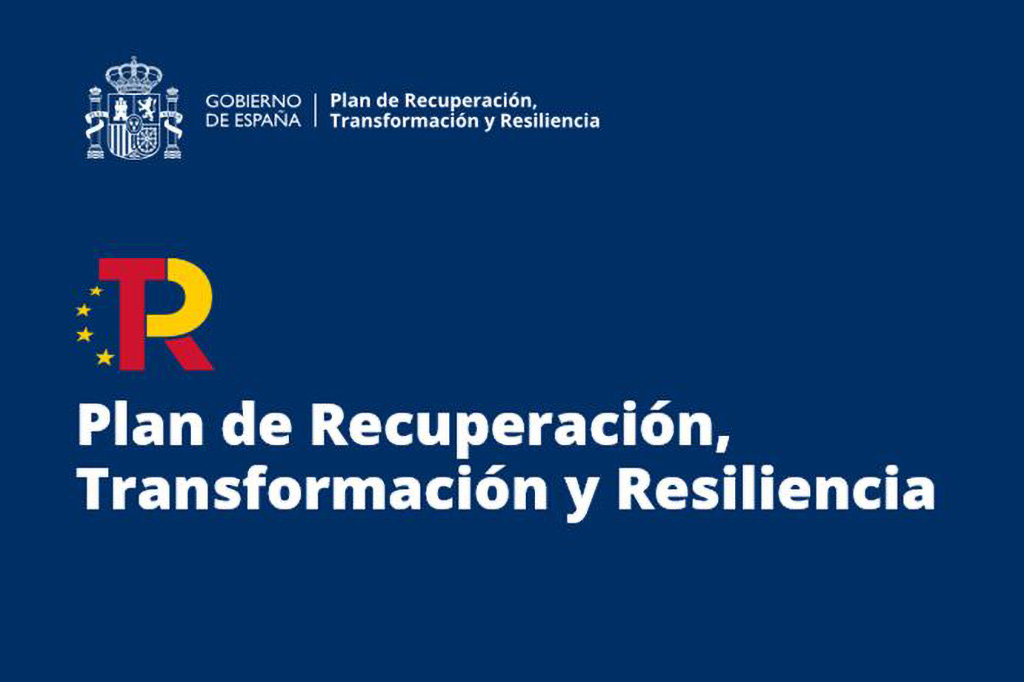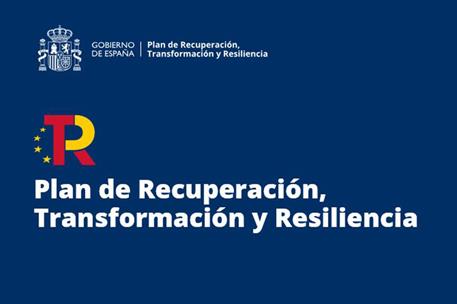Recovery, Transformation and Resilience Plan
Spain receives fourth Recovery Plan disbursement of €9.9 billion
News - 2024.7.26

They have all been developed in areas such as the digital transformation and energy transition of the economy, pensions, research, development and innovation, education, water treatment, digitisation of public services, including justice, and inter-territorial cooperation.
The Commission has already positively assessed the fulfilment of the 44 milestones and 16 of the 17 targets proposed by Spain. The Agents of Change Programme, which has been redesigned and made the subject of a new call for proposals to meet the intermediate objective in the following months, remains to be fulfilled.
EU leaders in transfers
The disbursement announced today comes on top of the €38.08 billion already received in transfers, bringing the total to €47.943 billion, 60% of its share of non-refundable transfers. In terms of transfer-related milestones and targets, our country has achieved a total of 181, representing 36% of the total.
Spain leads in the implementation of transfers under the plan. Together with Italy, we are the country with the highest number of milestones and targets achieved in absolute terms. Spain is also the country that has received the most transfers from the EU, with a total of almost €48 billion.
Some of the most important milestones and objectives
Among the main milestones and objectives validated by the Commission, those adopted in the field of pensions stand out, including the replacement of the sustainability factor by an intergenerational equity mechanism, the adjustment of the calculation period for retirement pensions, and the adjustment of the maximum contribution base. These measures will contribute to the fairness and sustainability of the pension system.
Also noteworthy are the reforms aimed at boosting entrepreneurship and the business climate, specifically the entry into force of the Crea y Crece Law and the Start-Ups Law. These laws aim to simplify start-up procedures and promote diversified sources of finance for business growth, as well as to establish a favourable framework for the establishment and growth of highly innovative start-ups.
Standing out among the measures aimed at achieving a greener and more sustainable economy are the package of measures on the circular economy and the Waste and Contaminated Soil Act.
Meanwhile, the Housing Act has been another important milestone in underpinning the right to decent and adequate housing, by means of a pioneering regulation in Spain of the different public instruments for planning, programming and collaboration between administrations.
Commitments in the area of the civil service were also met with the approval of legislative measures to improve the planning, organisation and management of human resources, the reinforcement of transparency and the streamlining of selection processes, and the regulation of performance evaluation. To this must be added changes in access to senior civil servant posts, so that the criteria of merit and competence prevail, as well as the regulation of the figure of the professional public manager in the state administration.
Reforms and investments
Reforms and investments to improve the efficiency and digitisation of judicial procedures are also highlighted. The initiatives intensify the use of technology to enable telematic court actions to be carried out with full legal certainty and to introduce reforms in procedural legislation to increase the speed of proceedings in the contentious-administrative and social orders.
Alongside reforms, this payment claim is increasingly weighted towards investments, the fulfilment of which is evidence that Recovery Plan funds are flowing to all areas of the economy. Programmes to support SMEs in equipping them with the necessary skills and tools to contribute to the digital transition and meet the challenges arising from it deserve particular attention.
Investments in R&D&i projects and progress in the Strategic Projects for Economic Recovery and Transformation (PERTEs) are also noteworthy, with a very significant contribution from the PERTE for Electric Vehicles.
In addition, the Recovery Plan also benefits towns, with major investments for sustainable mobility and urban action plans. The rural world is also benefiting from the investments made in this fourth drawdown, with measures to improve the efficiency and digitalisation of irrigation.
There is also substantial investment in strategic areas, such as the provision of 50,000 new vocational training places, the improvement and sustainability of irrigated areas, the restoration of areas and ecosystems on the coast and the trans-European transport networks.
Non official translation





